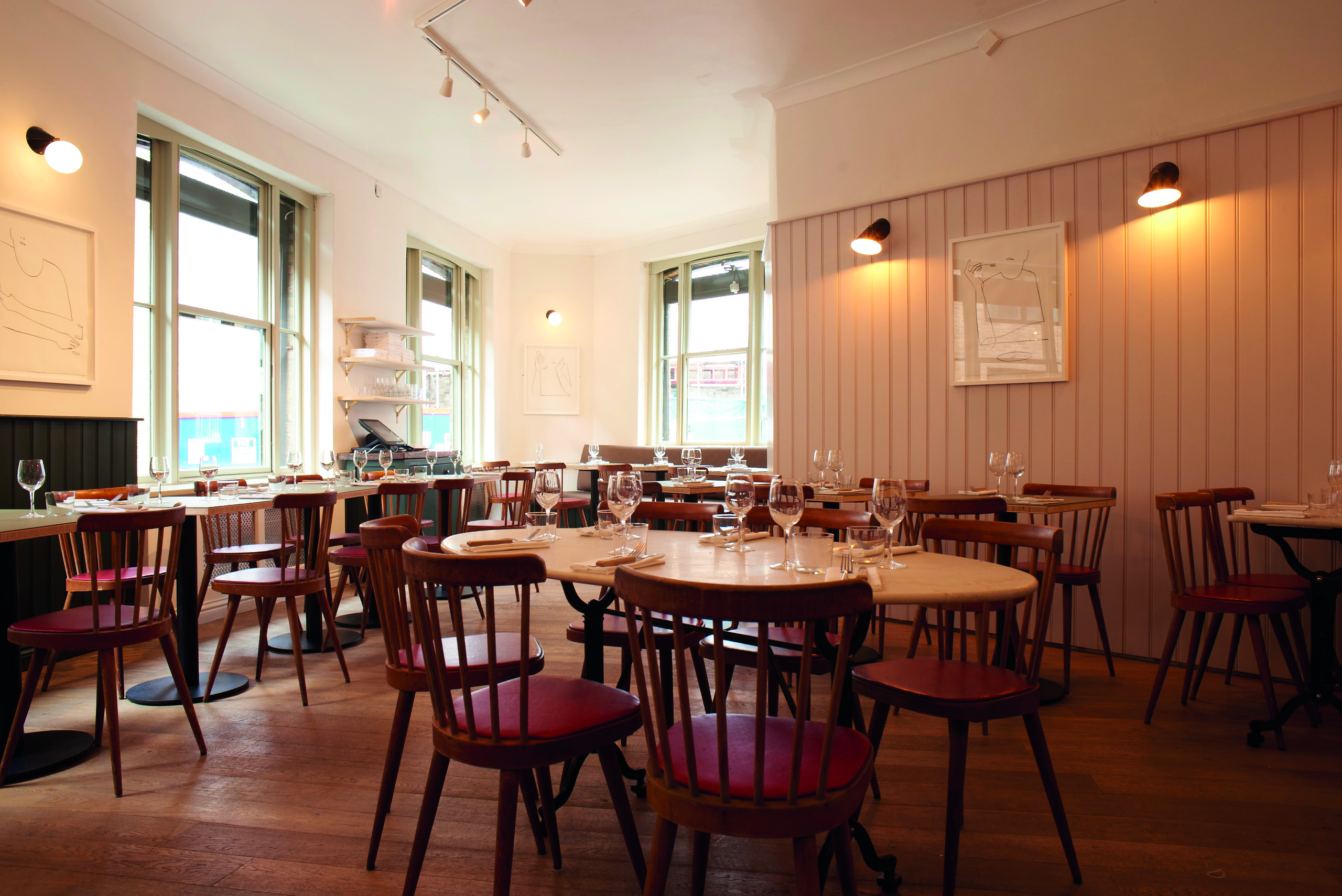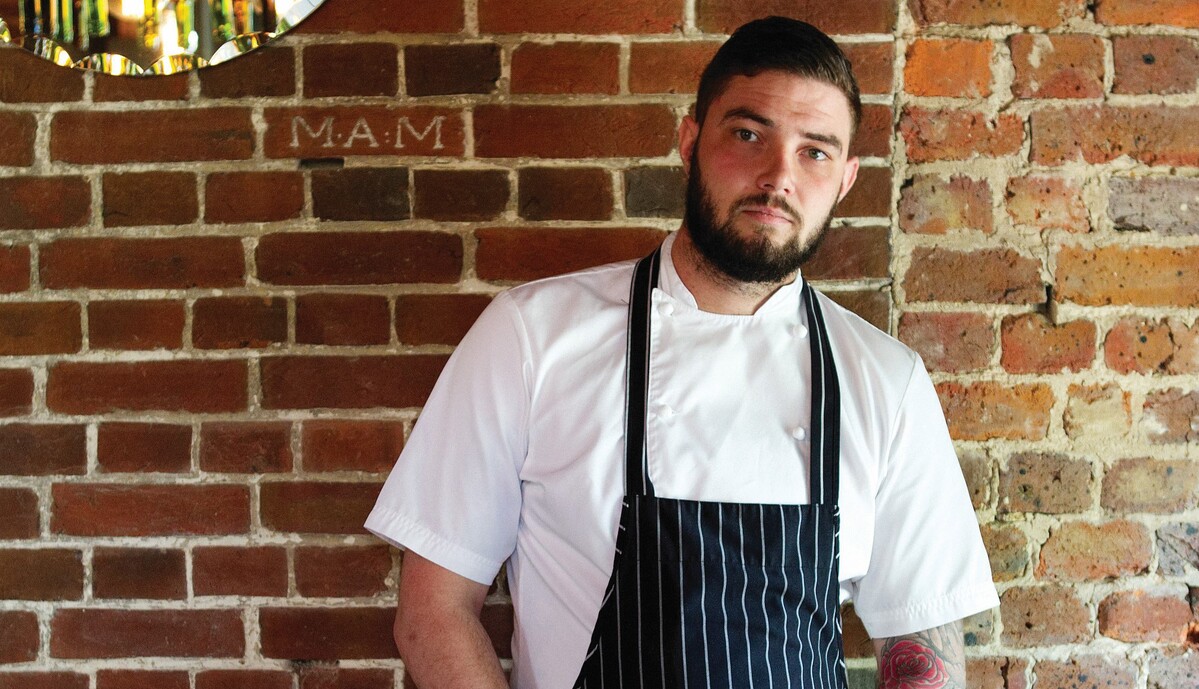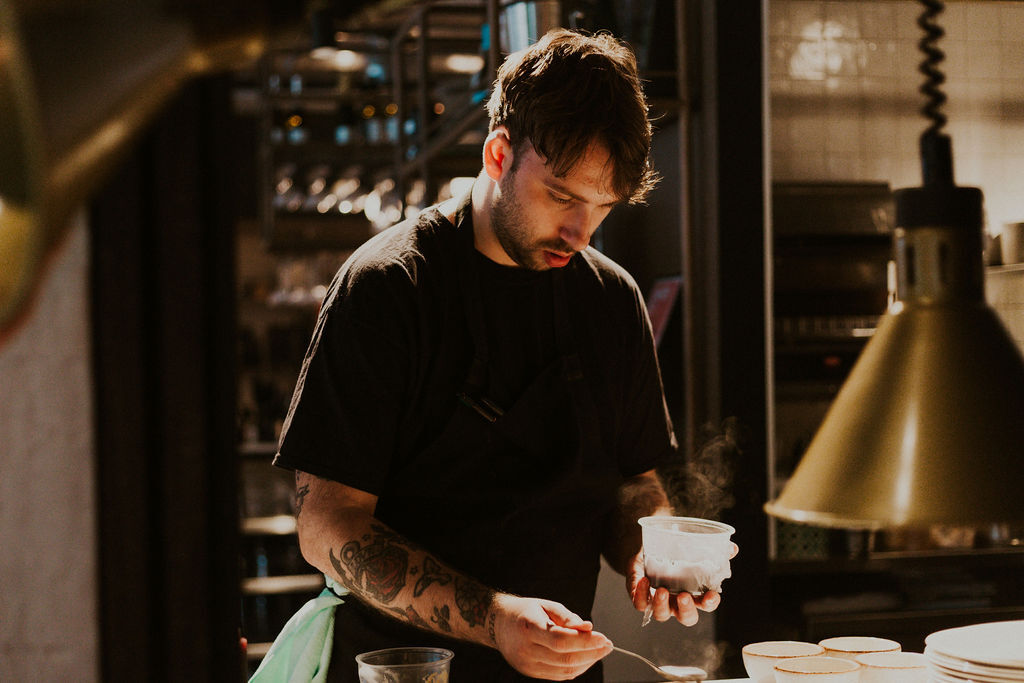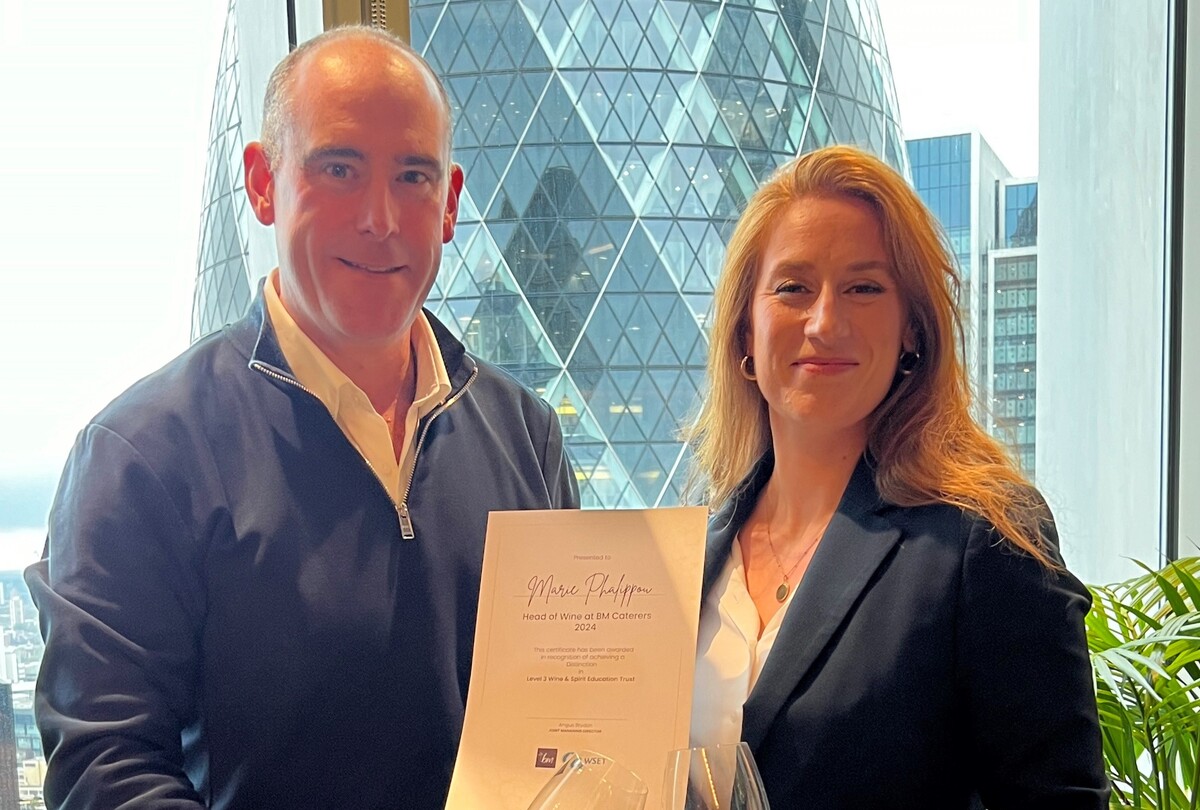Viewpoint: Look to colleges for well-trained front of house staff
Employers would be well advised to engage more with colleges in their search for high-quality front of house staff, says Andrew Bisconti
Overall, the hospitality industry is unrecognisable from 20 years ago and when it comes to front of house, the opportunities are endless.
Restaurant managers, on average, earn more than teachers, and if you work up to hotel manager, you can earn more than physiotherapists and IT engineers, according to the Office for National Statistics. Standout candidates can find themselves running restaurants for a global hotel chain or working tax-free for a luxury resort in Dubai.
One challenge for front of house as a profession, however, is that it is quite ambiguous as a career choice. The idea of becoming a chef is tangible, helped by the exposure celebrity chefs receive and the glamour surrounding that. Front of house is different, often viewed in the UK as a transient profession, perhaps something you might do in between jobs or as a way of earning cash while studying for a degree.
To ensure employers have skilled, knowledgeable, confident and adaptable front-of-house staff coming through, we first need to demonstrate to potential young recruits that it's a viable, respectable and rewarding career choice. Ideally, this should be at the point that they are doing their GCSEs and are in the thick of weighing up their options and the vocational and academic routes open and suited to them.
One effective way we are doing this at University College Birmingham is through our free Young Waiters Academy (YWA) for year 10 and 11 pupils. It was set up in 2015 as the first of its kind in the country and receives funding from the Savoy Educational Trust and support from the British Culinary Federation.
Each academy takes place every Saturday for eight weeks, and we hold three academies a year, teaching 14- to 16-year-olds key practical skills such as wine service, mixology and table theatre, as well as making them more employable by developing their social interaction and customer service skills. These soft skills boost their self-esteem and are something we continue to hone if they choose to enrol on our food and beverage courses.
What is invaluable is that, at the end of each YWA, we invite leading industry professionals, as well as teachers, to a three-course fine-dining luncheon prepared and served by UCB's Young Chefs Academy and YWA in our Atrium restaurant.
Through this engagement, many YWA students have not only gone on to do a food and beverage qualification with us, and are considering higher-education pathways, but have been talent-spotted, securing placements, apprenticeships and part-time jobs at the likes of Michelin-starred Simpsons, Purnell's and Hampton Manor.
Ultimately, I'd encourage employers to get in touch with their local college to see if there are initiatives such as the YWA that they can support, or whether they can offer work experience.
As education providers, we can tailor courses to arm students with the essential tools that make them more employable, but employers need to play their part to ensure the next generation of front-of-house professionals are seen as bastions of the industry.
Andrew Bisconti is food and beverage lecturer at University College Birmingham

















